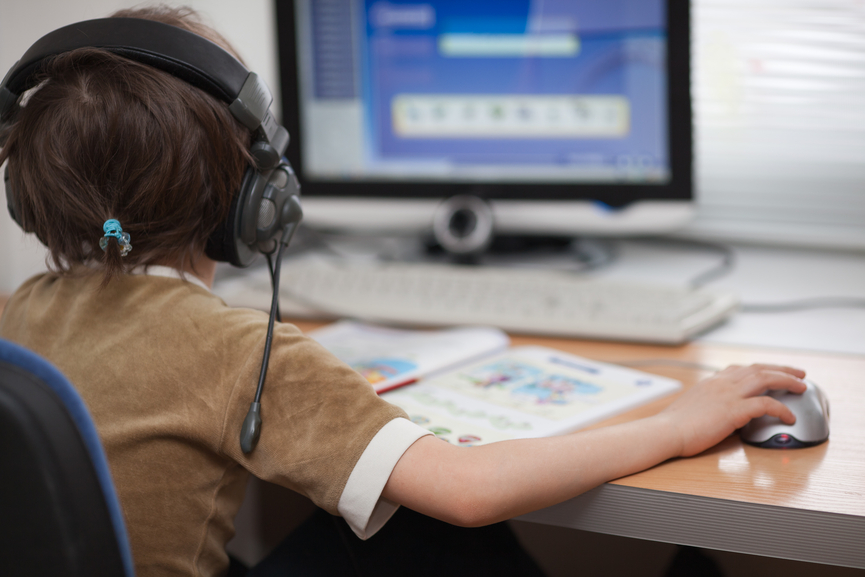The internet is a truly wonderful thing. Never in history has so much information been so readily available. All it takes is a query and a few pecks on a keyboard for a person to immerse themselves in books, videos, periodicals, tutorials and countless other forms of media. However, as information amasses in databases all across the web, so does material that is unsuitable for younger audiences.
Study Finds Links Between Cyberbullying and Adolescent Depression
A new study in the Journal of Adolescent Health reports that teenagers who experience cyberbullying are more likely to develop negative responses such as depression and addictive behaviors.
The study's lead author, Dr. Manuel Gamez-Guadix of the University of Deusto in Spain, said that it is important to understand how cyberbullying impacts adolescent health. While many adolescents both become cyberbullying victims and also bully others themselves, those that experience cyberbullying attacks for six months or longer are more likely to experience problems such as depression or substance abuse.
Poke... Thanks Facebook. You Just Made Digital Parenting Harder.
With the advent of social media and the fact that kids are spending more time on the internet now more than ever, parents need to be extra sure to pay special attention to what their kids are getting into online. In the past, one of the biggest concerns you might have had as a parent dealt with the kind of kids that your child spends a lot of time with. Now, social media sites such as Facebook give kids an outlet that can reach quite literally the majority of the people that your child may know. This can be just fine if your children are trustworthy and responsible with what they share, but some children cross the line, whether it has something to do with sexting, cyberbullying, or making inappropriate comments.
Digital Parenting: How to Deal with a “Cry for Help” on Facebook
Those of us who are in their thirties remember a time when the things that parents did and the things that kids did were totally separate. Parents went to work, had dinner parties with their friends, or went to movies or the theatre. Teens, on the other hand, hung out with friends at school, gossiped in the cafeteria, and went to raucous parties at each other’s places. The only time that parents were able to monitor teens was when they were at home in the evenings. Before the advent of cell phones, you couldn’t get in touch with anyone at a moment’s notice.
Now, the two worlds overlap all the time on Facebook, where parents as well as children have accounts. It’s easy to keep an eye on teens by logging in and taking a look at their latest posts, especially if the teen has agreed to be “friends” with his/her parents on Facebook. Although teens may not always want their parents to know what they’re up to, who they’re communicating with, and what exactly they’re saying, you still find many teens posting nasty comments about others when they know that their parents are sure to see them.
Do these kids just not realize that Facebook is not like a private diary? Or are they actually hoping to be noticed by engaging in behaviors that psychologists call a “cry for help”? A good example of a “cry for help” in real life, as opposed to the digital arena, is when a person swallows a large number of sleeping pills, but not enough to kill him/her, just enough to get him/her some attention from loved ones. The person doesn’t know what to do to make things better and hopes to shock others into paying attention. There are also more everyday “cries for help,” sometimes referred to as “acting out.” These take the form of throwing tantrums, locking the door to one’s room, or constantly engaging in risky behaviors to get the attention of parents.
The 10 Most Used Cyberbullying Tactics
No one wants to see their child being bullied. As bullying becomes more and more prevalent in the media, it has become obvious that bullying no longer just takes on the "Steal your lunch money" tactics of past generations.
Cyberbullying is, in many ways, more intense than in-person bullying. Cyberbullying acutely targets a child's insecurities, making the emotional and psychological bruises far more permanent than the traditional punch or swirly. Cyberbullying allows bullies to feel anonymous, freeing them up to say harsher, more pervasive things than they might say in person. Cyberbullies generally face fewer consequences- unlike in a traditional school context, there are no adults monitoring for signs of abuse on a regular basis, so unless a parent, guardian, or school official is tipped off to the problem, it can go unpunished for a substantial amount of time.
Peer Pressure to Curb Cyberbullying
Cyberbullying is an issue most parents are new to. How do you deal with and battle this digital-age problem?
Unfortunately, there is no policy or procedure manual for this issue. Parents often times look to the schools for assistance in battling cyberbullying. One method some schools and parents have found to be effective is utilizing the idea of peer pressure. Peer pressure can be a great and moving tool when it is used for the greater good. Teachers use peer pressure in their classrooms in order to manage the classroom. A way they use it is giving the students in the classroom the forum to pressure their peers into turning their work in on time, quieting, and following the procedures of the classroom effectively and appropriately.
Is it Safe For My Teen? Monitoring Twitter Will Make it Safer
Twitter, which was founded in 2006, began as a text messaging service for people to connect within a small group. A tweet, a message consisting of up to 140 characters, is what Twitter is made up of. Photos and videos can be included within your message.
The use of hashtags on Twitter is a way people link to a certain topic. Twitter publishes trending topics on the site throughout the day.
The information you put out there is done so in real-time. The information is shared instantly.
Parental Controls Also Include Education: Kids Are More Tech Savvy
Parental monitoring tools enabling parents to see what kids are doing online are going to be needed more than ever. An extensive study is out that says children look up things they shouldn't when the parents aren't around. This study through McAfee is a real eye-opener and goes into the deep layers of what makes parental control so difficult: Lack of time and knowledge.
Parents Not Keeping Up with What Kids Know
In the above study, it's found that many teens take advantage of parents not knowing how easy it is to guess passwords those parents set for parental controls. As well, the general lack of tech savvy by busy parents means kids are taking advantage of the situation. The most concerning is that the parents in the study thought it was impossible for their kids to learn the parental control passwords.
Digital Parenting and More Positive Views of Digital Tech Dangers
Digital parenting seems to be changing into more of a shared family experience, according to a new study cited by CNN from Northwestern University. And in that same study, it's found that parents aren't that concerned about the dangers of the digital world with their kids. Whether that's a sign of parents becoming too busy to deal with reality or not, it's an interesting examination of where America is headed in families dealing with an increasingly digital world.
Digital Media isn't Always a Babysitter
The most positive news in the above study is that many parents use regular toys, books or other play activities to keep their kids occupied above using a smartphone, tablet or other digital media device. It's an encouraging sign that the digital world won't replace traditional items in developing the minds of the new generation. At the same time, when that digital media is used, it's becoming a collective family activity--that is, when the parents are actually around.
Cyberbullying on Facebook: How Parental Monitoring Can Prevent It
It's a common question when kids start hitting their tween years. They begin to grow larger friend groups, become more entwined with their social circles, and form new connections. They're beginning to develop some independence from mom and dad, and with that, the question always comes up: "Mom, Dad, can I make a facebook?"
Of course, this begs the question from moms and dads everywhere: How do I prevent cyberbullying? After all, today's news is rife of stories of children using the internet to harass one another, sometimes to the point where young lives are lost. It's a reasonable fear, and a difficult question to answer. The answer, of course, is to monitor your children's facebook page to ensure that communications are appropriate. Of course, there is always a balance between monitoring your children and giving them some level of independence.
The act of monitoring your child's social media accounts is not an unusual one, either. According to the LA times, almost two thirds of American parents monitor their children on facebook, and with good reason. In an era where the internet gives anonymity to almost anyone, kids are liable to make poor decisions. The worry isn't just that your child will be bullied, either. There is just as big a concern that your child will become the bully.
Digital Training Wheels: Start Early, Start Young
Many parents make the mistake of believing they won't have to do much to ensure mobile and Internet child safety until their kids are into their teen years, or at the very least eleven or twelve years old. Unfortunately, kids are getting online at earlier ages, which means their safety is at risk at an ealier age than most parents realize.
In a recent article in The Jackson Sun, experts discuss the need for "tech talks". Parents already understand the need to talk to their kids about sex, drugs and alcohol. Discussions about technology have to be added to that list. The progression of technology demands it, and so do those who are building tech devices for kids at younger and younger ages every year. That means parents need to use"digital training wheels" even earlier than they did a few years ago.
Getting Smart About Smartphones and Other Technology
Our latest guest post comes from Ziqian (Cecilia) Dong, Ph.D., Assistant Professor, New York Institute of Technology. Here, Dr. Dong discusses how parents can help teens get smart and stay safe on smartphones, even if the parents themselves are a little in the dark when it comes to the technology.
Digital Parenting: Kid-Centric Home Security
With the advancements in technology these days, it almost seems as if parents can be everywhere at once. Indeed, digital parenting is completely possible with monitoring systems directed toward your child's cell phone and computer usage and their online, gaming and social networking history.
As a recent uKnowKids post pointed out, you can even add location monitoring to your child's smartphone that not only lets you know where they are throughout the day, but it also could mean the difference between survival and tragedy in the event of an abduction.
Certainly, the willingness to take proactive measures to protect your children doesn't make you a panicked and frightened person – it makes you a good parent. And although you don't want to dwell on the possibility of someone kidnapping your child, one of the toughest parts of the gig is addressing unthinkable events before they happen so that you are prepared if they ever do occur. That's why you teach your children about the dangers of strangers – not to instill a fear of those they don't know, but to equip them to function in the real world.
Foster Kids Might Need Extra Protection From Identity Theft
Foster children are especially vulnerable to various ID theft types, because their Social Security Number and other personal data is accessed by many so many people at various stages of the foster care process, the Huffington Post reports. This results in credit problems that often go unnoticed until the child reaches adulthood and tries to establish credit for him- or herself.
Is Your Child Online Constantly? Time to Think About Parental Controls
Our next guest blog post for Internet safety month comes from Ann Biddlecom, Senior Product Manager at Kaspersky Lab, one of the world's leading Internet security companies. Read on for her take on keeping your children safe on the computer.
View our Internet Safety and Strategy SlideShare!
View the SlideShare on our Internet Safety eBook. This is a short and sweet version of our full length eBook that you can download for free here. Learn why summer can be a dangerous time for kids to be on the Internet for lenghty amounts of time, the importance of technology in their lives, how to strike a balance and much more!
Digital Parenting: Be The Best You Can Be
You know kids. They live, breathe, eat, sleep and play in a digital world. There's no denying this fact and there's no going back.
You may long for a time when families sat around the dinner table and talked to each other. You may wish for more face time, actual conversations, even if it is with a telephone. However, our plug-and-play digital society is entrenched and intrusive. This is where Digital Parenting comes in.
So, how does Digital Parenting work? First, establishing boundaries is key. Your kids, and most likely you, are attached to your cell phone and mobile communications device. It is the way of today's world. You can practice examples that will help make you an accomplished Digital Parenting professional.
First example: Kids mimic what their parents do and say. If you are on the cell phone while driving with your child, they determine this to be normal behavior. If you are texting with a friend, co-worker or family member during a conversation, they also see this as acceptable.
Do You Know What Your Tween Is Up To Online? This Study Says No
Remember when we told you about the new study done by McAfee concerning children, parents and the online disconnect?
As part of Internet Safety month, we are proud to say that we got Robert Siciliano, an online security expert at McAfee to comment on the study's findings. Read his guest post for uKnowKids below.
Parents: Do You Know What Your Tween Is Up Too?
In McAfee’s 2013 study “Digital Deception: Exploring the Online Disconnect between Parents and Kids” that examines the online habits and interests of preteens, teens, and young adults and finds there is a significant disconnect between what they do online and what their parents believe they do.
While youth understand the Internet is dangerous, they still engage in risky behavior, hiding this activity from their parents in a variety of ways, and acknowledging that they (46%) would change their behavior if they knew their parents were paying attention.
Teens Abandoning Facebook for Twitter?
The social network training wheels parents provided for Facebook are beginning to shift to something new now that teenagers are moving more exclusively to other social network sites like Twitter. With adults seeming to be taking over Facebook and the endless battles over privacy issues, can teens really find more peace, tranquility and safety over at Twitter? According to a Pew Report, kids were finding better methods of expression on Twitter (and Instagram) than Facebook has ever provided.
The Scary Connection Between Smart Phone Images and Location
Parents, do you love to snap pictures of your children on your smart phone and then upload them for family and friends to see? What if I told you that this practice could make it very easy for predators and bad guys to see where your children were located, even down to the exact spot of their bedroom? Might freak you out, right?



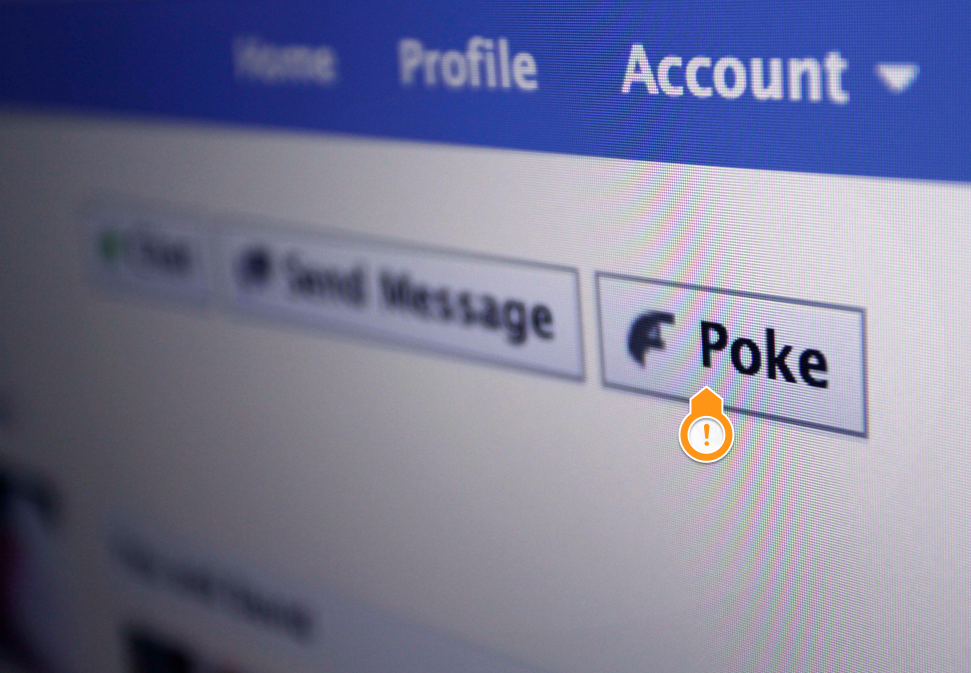
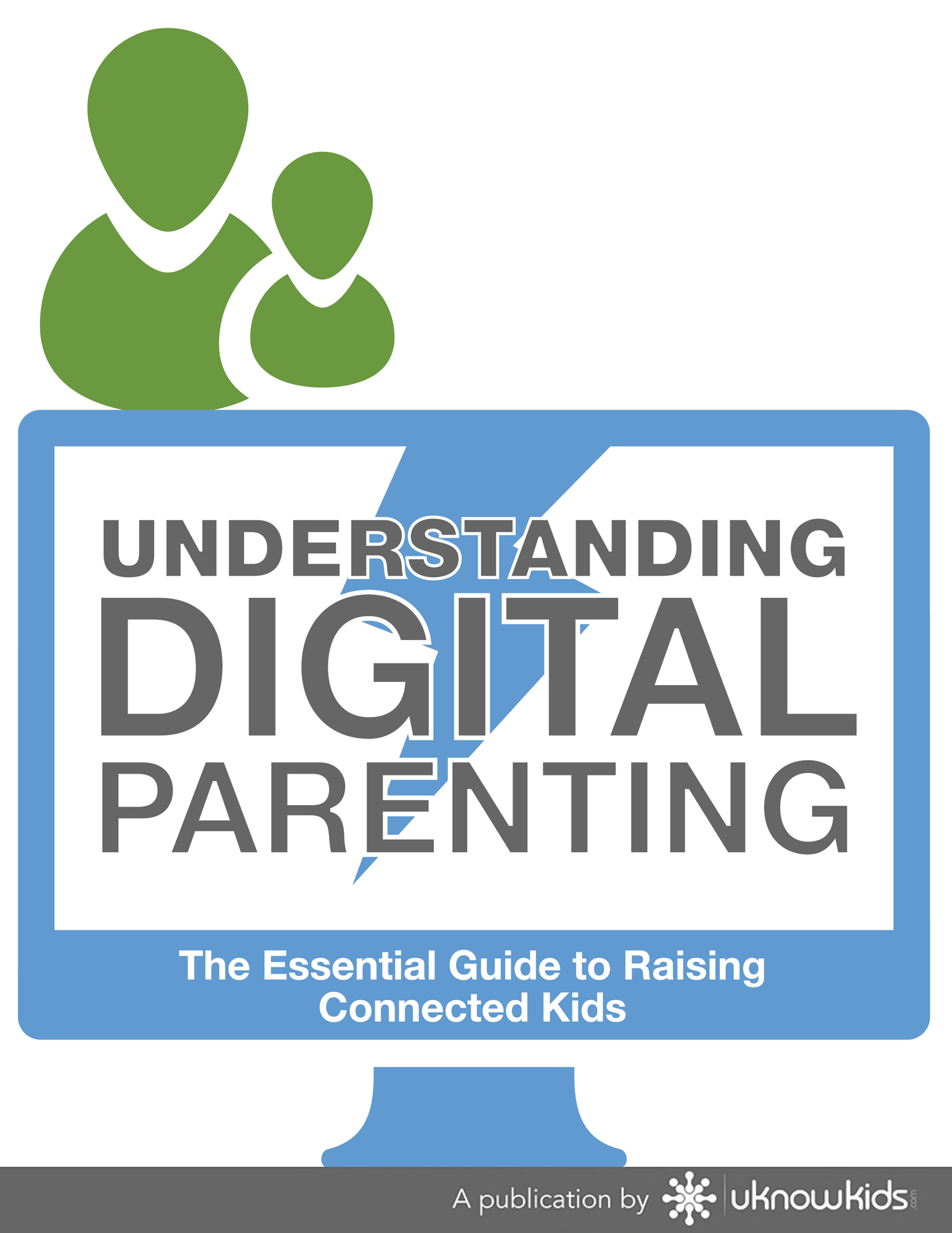



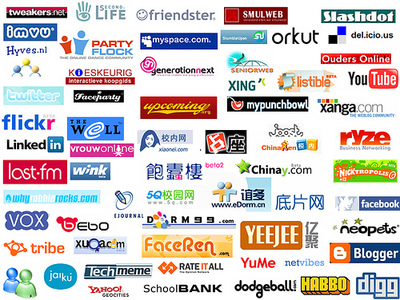
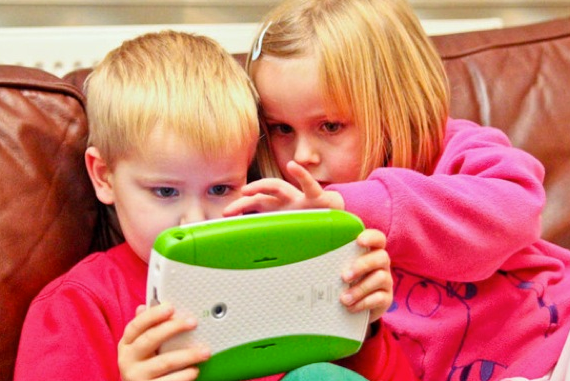
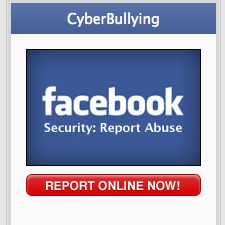
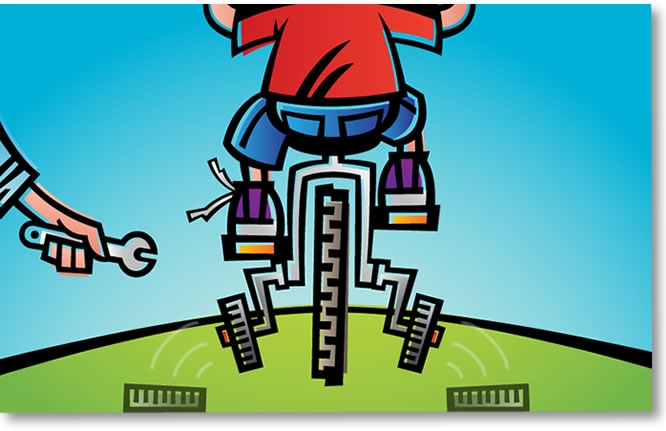


.jpg)


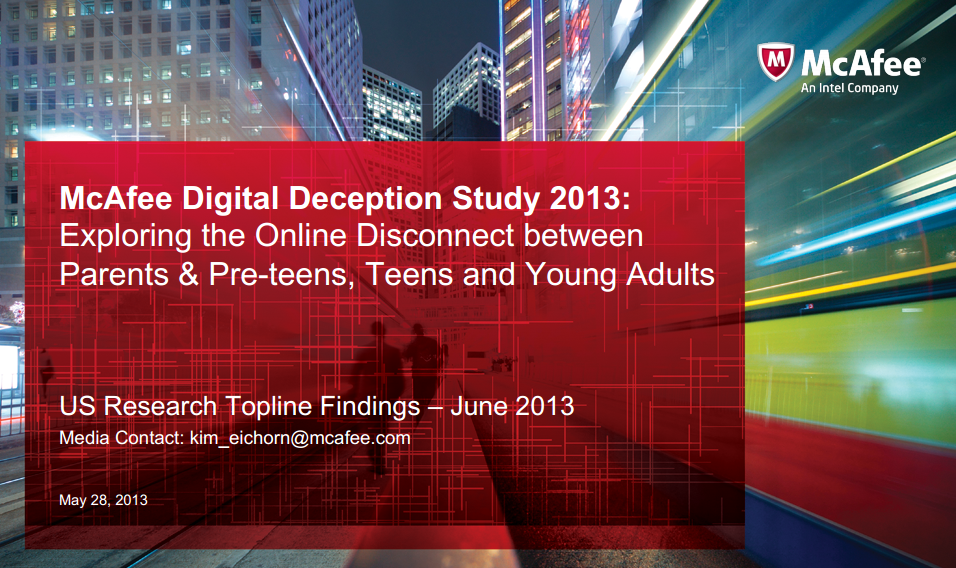
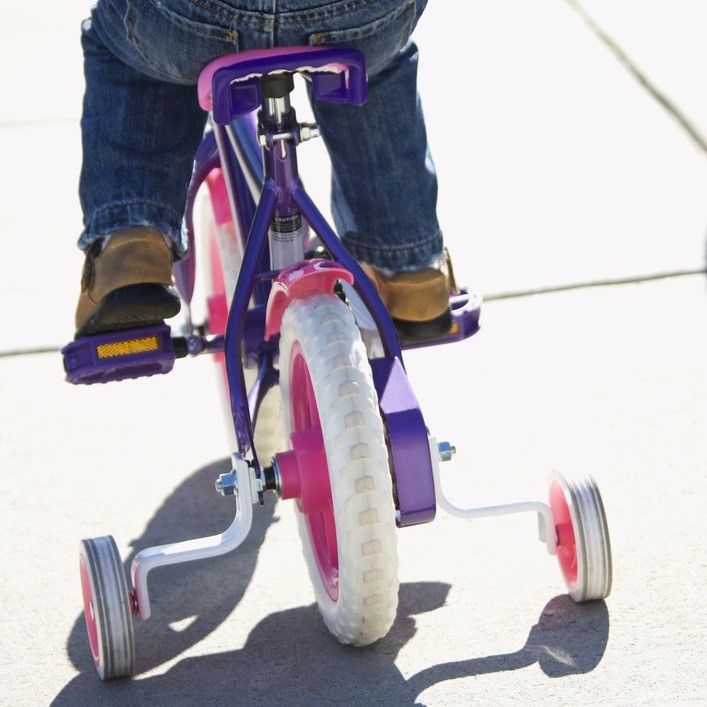1.jpg)
